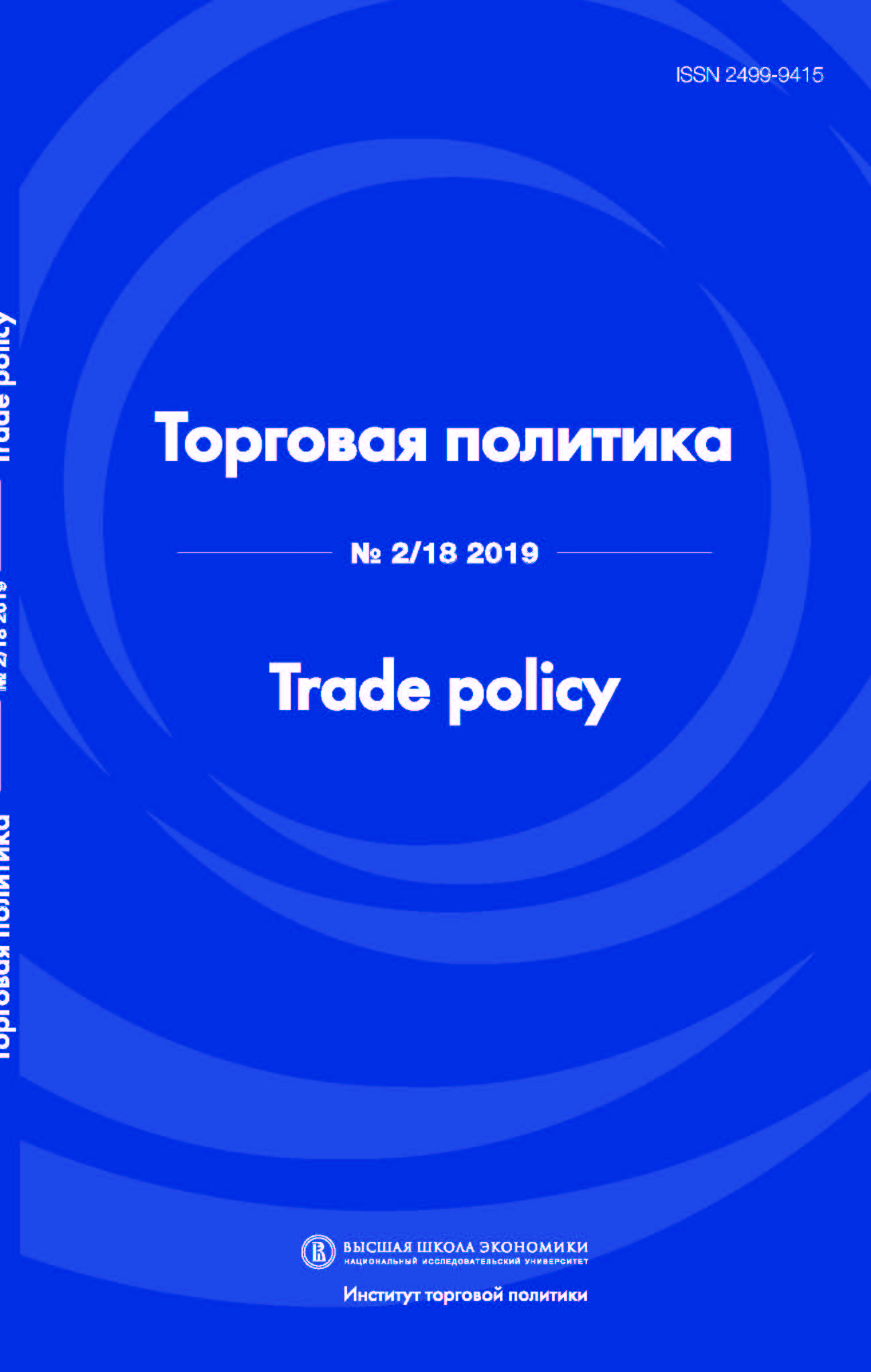States’ attitude towards national security exceptions as an argument while settling disputes in the WTO
Abstract
This article spells out various approaches to the interpretation of Art. XXI(b) (iii) of the GATT, which is a most frequently invoked provision in the WTO agreements embodying national security exceptions. Special attention is drawn to the predecessors of the WTO to explain a broader context of legal issues evoked by the inclusion of Article XXI to the GATT 1994. The present study gives examples of the argumentation and strategy employed by members of the GATT 1947 and the WTO when they invoked national security exceptions. As a result of the examination of this practice, the author concludes as to whether the attitude of states to such arguments has evolved over the years and, if yes, to what extent and why.

